I try to use the scipy.optimze.minimize solver (Nelder-Mead) to optimize my parameters of a GEKKO simulation.
Is this possible at all?
My idea was to hand over the GEKKO object to the solver, but this leads to a error:
TypeError: float() argument must be a string or a number, not 'GEKKO'
But without handing over the object, I couldn´t get the GEKKO solver starting.
Attached is an easy version of the code, doing nothing which makes sense, just for technical understanding, and maybe showing the error I did.
from scipy.optimize import minimize
from numpy.random import rand
from gekko import GEKKO
m = GEKKO() # create GEKKO model
x = m.Var # define new variable
y = m.Var # define new variable
# objective function
def objective(m,v):
x, y = v
m.Equations([x + 2 * y == 0, x ** 2 + y ** 2 == 1]) # equations
m.solve(disp=False) # solve
print([x.value[0], y.value[0]]) # print solution
return x
# define range for input
r_min, r_max = -5.0, 5.0
# define the starting point as a random sample from the domain
pt = r_min + rand(2) * (r_max - r_min)
# perform the search
result = minimize(objective, m, pt, method='nelder-mead')
